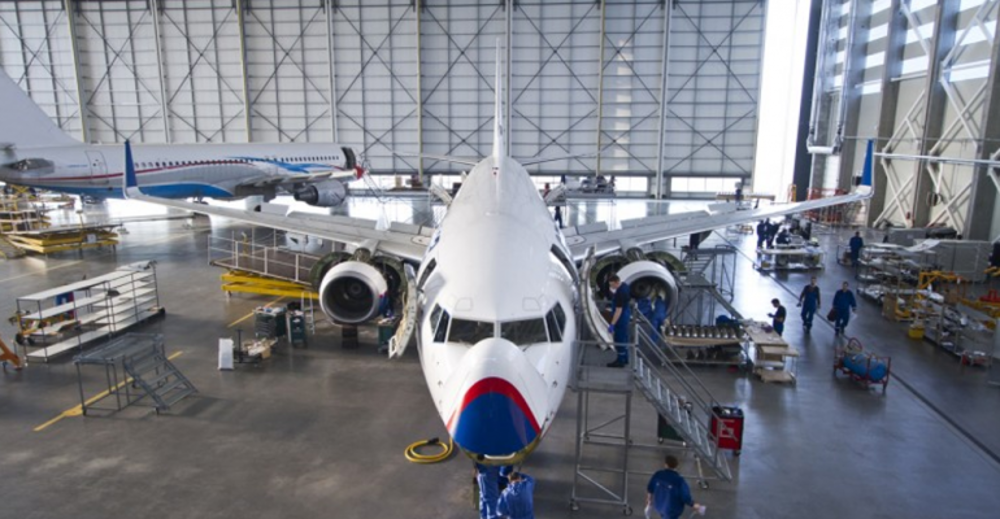
China’s domestic flights had recovered to almost 80% of January levels by May 31, up from 20% in late February, according to RadarBox. That is a recovery in flights, not passenger counts or airline revenues. Nevertheless, it has meant a substantial recovery in work on narrowbodies for China’s MROs.
For example, Shanghai Hangxin, a subsidiary of Guangzhou Hangxin that offers line, base and component maintenance, has actually increased its business by 15% this year and keeps increasing work sharply, according to Hangxin Vice President Li Hua. “I think this is a sign of a turn-up in maintenance demand.”
Li speculates that line maintenance and component maintenance will increase first as the industry recovers. “That's a basic requirement of making aircraft transfer to operational condition from stored condition.”
Nevertheless, the parent MRO has had to make changes to deal with past and current stresses. Li says Hangxin has strengthened its cash-flow management to support operations and is attempting to reduce costs to match customer requirements. And fortunately, Hangxin has received some government subsidies during the epidemic.
Li would like the Chinese government to do something beyond providing subsidies to aid his business. “To lower procurement costs in component maintenance, I wish the Chinese government would launch some policies to regulate the unreasonable prices from some OEMs.”
With China’s growing strength in a generally depressed aviation market, Beijing may or may not have that kind of bargaining power over global OEMs. IATA is now trying to negotiate anti-discriminatory policies toward PMAs and DERs similar to those in last year’s IATA-CFM agreement, with several major aerospace OEMs, according to Daniel Kanter, the association’s chief counsel for antitrust.
In any case, Chinese MROs’ logistics challenges have eased considerably, after some stresses at the height of the crisis. Business in China has returned to normal, according to logisticians at Kuehne + Nagel. “Transport movements, including trucking services, are also returning to normal status,” K+N says.





